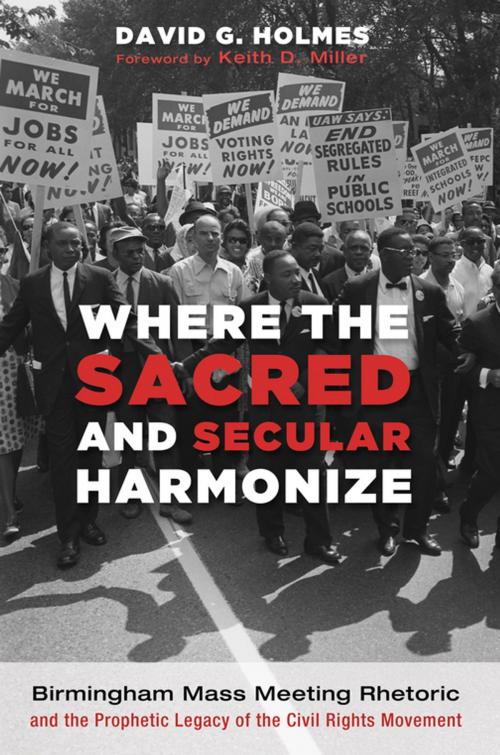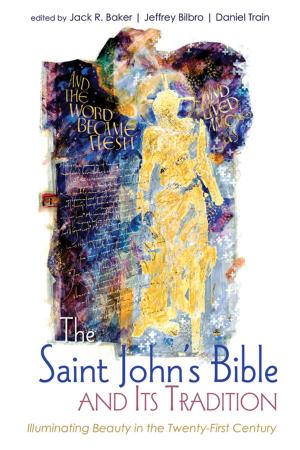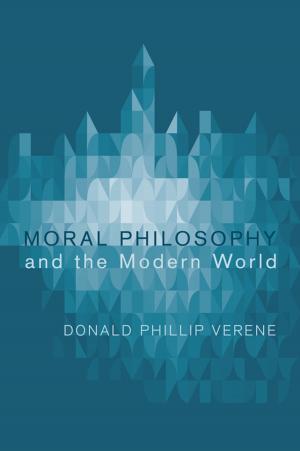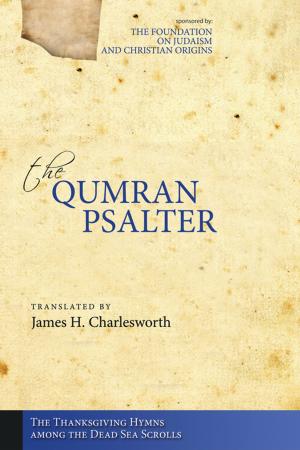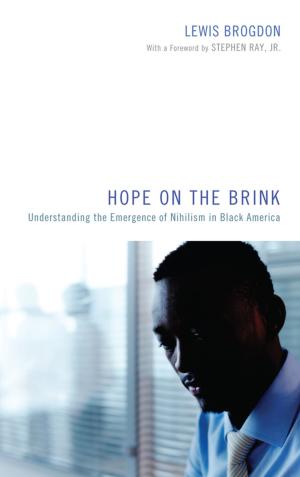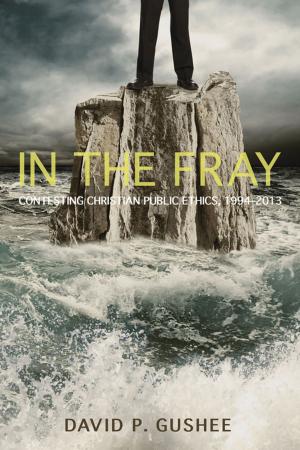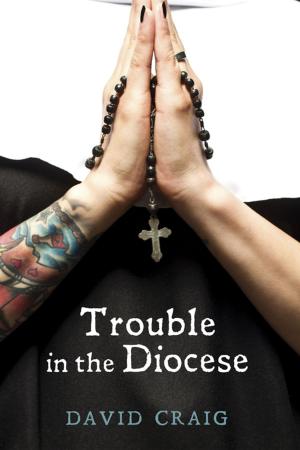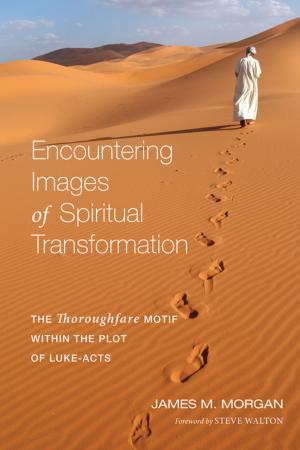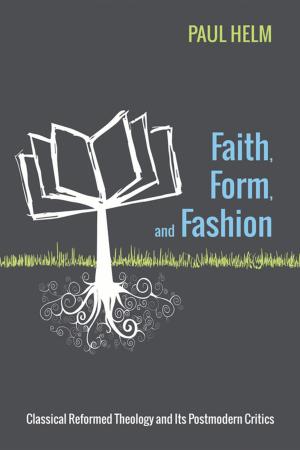Where the Sacred and Secular Harmonize
Birmingham Mass Meeting Rhetoric and the Prophetic Legacy of the Civil Rights Movement
Nonfiction, Religion & Spirituality| Author: | David G. Holmes | ISBN: | 9781532615283 |
| Publisher: | Wipf and Stock Publishers | Publication: | November 13, 2017 |
| Imprint: | Cascade Books | Language: | English |
| Author: | David G. Holmes |
| ISBN: | 9781532615283 |
| Publisher: | Wipf and Stock Publishers |
| Publication: | November 13, 2017 |
| Imprint: | Cascade Books |
| Language: | English |
Among pivotal historical moments in the United States, the civil rights movement stands out. In Where the Sacred and Secular Harmonize: Birmingham Mass Meeting Rhetoric and the Prophetic Legacy of the Civil Rights Movement, David G. Holmes offers an original rhetorical analysis of six speeches delivered during the 1963 civil rights campaign in Birmingham, Alabama. Holmes frames his analysis within the biblical concept of prophecy. However, he stresses the idea of prophecy as sociopolitical forth-telling, rather than mystical foretelling. Based on his own transcriptions from rare recordings, Holmes examines how these orations, which clergy and laypeople delivered, address enduring themes such as the role of religion and politics, black leadership and black activism, and the political and popular legacies of the civil rights movement. Drawing upon American history, politics, hermeneutics, homiletics, and rhetoric, Holmes's discussion ranges from civil rights prophets to contemporary politicians, including Martin Luther King Jr. and Barack Obama. Where the Sacred and Secular Harmonize illustrates how the Birmingham mass meeting oratory of 1963 represented a quality of democratic discourse desperately needed today.
Among pivotal historical moments in the United States, the civil rights movement stands out. In Where the Sacred and Secular Harmonize: Birmingham Mass Meeting Rhetoric and the Prophetic Legacy of the Civil Rights Movement, David G. Holmes offers an original rhetorical analysis of six speeches delivered during the 1963 civil rights campaign in Birmingham, Alabama. Holmes frames his analysis within the biblical concept of prophecy. However, he stresses the idea of prophecy as sociopolitical forth-telling, rather than mystical foretelling. Based on his own transcriptions from rare recordings, Holmes examines how these orations, which clergy and laypeople delivered, address enduring themes such as the role of religion and politics, black leadership and black activism, and the political and popular legacies of the civil rights movement. Drawing upon American history, politics, hermeneutics, homiletics, and rhetoric, Holmes's discussion ranges from civil rights prophets to contemporary politicians, including Martin Luther King Jr. and Barack Obama. Where the Sacred and Secular Harmonize illustrates how the Birmingham mass meeting oratory of 1963 represented a quality of democratic discourse desperately needed today.
